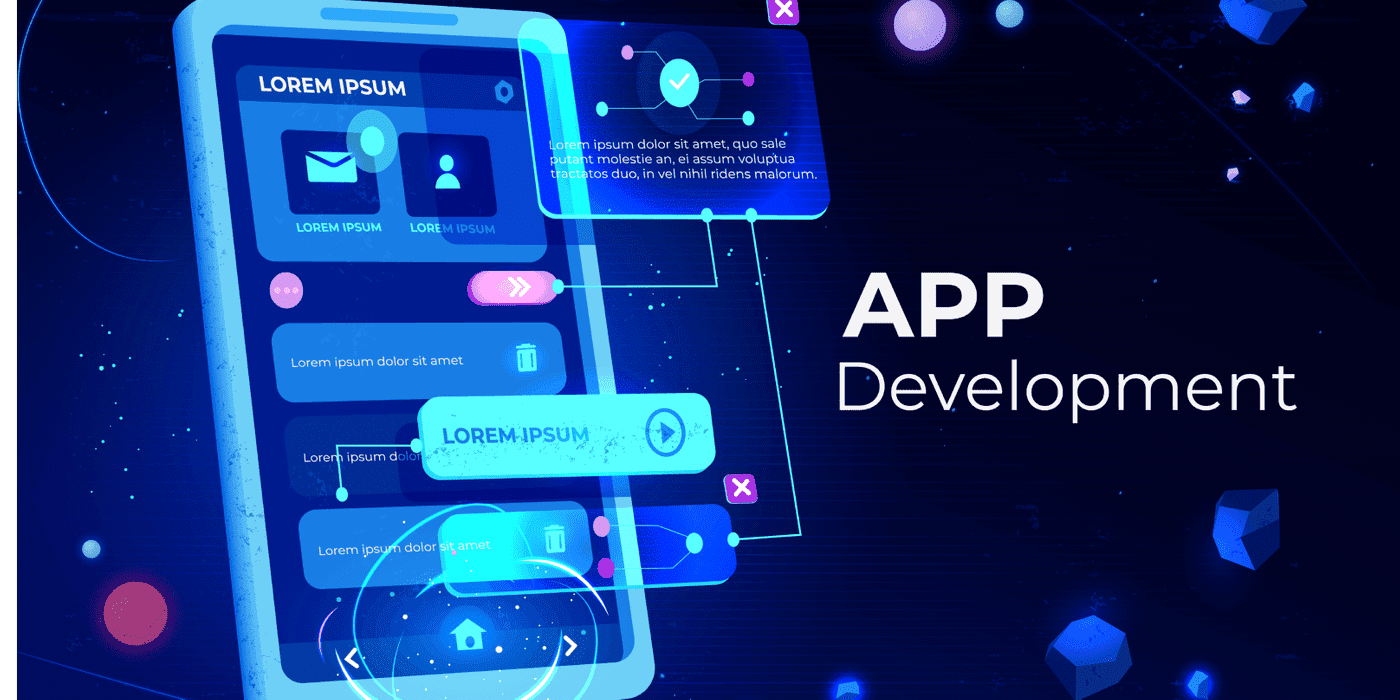According to the ongoing business sector situation, the vast majority lean toward involving on the web choices particularly portable applications for nearly everything today. Organizations are intensely determined by versatile client viewpoints now. Furthermore, as indicated by an ongoing Stats report, almost 65% of versatile clients utilize portable applications for anything they need. Additionally, individuals spend more than 60% of their complete versatile utilization time on utilizing different portable applications. The Stats reports have proactively made it obvious that versatile applications have turned into an indivisible and irrefutable piece of individuals' life now and go about as the fuel for quick business development. This has previously made large number of uses for more than one stage. Also, the rest are endeavoring to get their applications worked quickly by a dependable and experienced application improvement organization.
In any case, with regards to application improvement, most entrepreneurs stall out between choices like local application advancement or cross-stage application improvement. However, according to the exploration and studies, it has been seen that a large portion of the organizations have picked cross-stage application advancement till now. Furthermore, there are many purposes behind this. Organizations presently need to contact the most extreme number of versatile clients independent of what OS for sure cell phone the client is utilizing. The Google Play Store is overflowed with north of 3 million applications and the Apple App Store has got more than 2.5 million applications. With this tremendous count, a large portion of the organizations lean toward having a presence for both Android and iOS.
However both local application advancement and cross-stage application improvement approach can assist you with getting an application worked for a considerable length of time, a more astute and smarter decision can be the second one that is the cross-stage application improvement approach. Furthermore, here are the key justifications for why.
However, prior to plunging into the reasons, how about we see the significant contrast between cross-stage and local applications.
The distinction concerning advancement rudiments: - One of the significant difficulties that designers frequently face with local application improvement is composing and execute separate codebases for various designated stages. While building a local application, designers need to compose the codes for every one of the local stages right without any preparation and utilize the local instruments and IDEs. While, with the cross-stage application improvement approach, engineers can simply compose a solitary codebase and execute something very similar for building the application for every one of the stages you wish to target.
Functional contrast: A local application can be run or worked on the particular stage for which it is fabricated though a cross-stage application can be worked and run on different designated stages.
Presently, we should investigate the significant justifications for why picking cross-stage application improvement can be a more intelligent decision than having a local application.
Basic and Quicker Application Improvement Cycle:
In the cross-stage application improvement approach, a solitary codebase is utilized across different stages and that makes the whole application advancement process more straightforward and quicker. All in all, with this methodology, engineers get the valuable chance to reuse similar codes, which likewise lessens the work.
Reduces Down the Advancement Expenses:
As the equivalent codebase, apparatuses, and IDEs are utilized for building the application for quite some time stages, this decreases the hour of improvement, which thusly, diminishes the advancement costs well. This approach additionally upgrades asset use, along these lines, cutting down the application improvement cost further. Taking into account this point, you can likewise express that with a decreased expense of improvement, the cross-stage application offers you the chance to contact a more extensive crowd simultaneously.
Speedy MVP or Minimum Viable Product:
Least Viable Product or MVP is an indispensable piece of the application improvement climate. The incorporated and diminished exertion expected for cross-stage application improvement additionally altogether lessens the time and exertion expected to send off the MVP also. The single codebase is utilized for conveying the MVP significantly quicker and afterward you can add more highlights to it later on too.
Simplicity of Mix:
Supporting cross-stage reconciliation with the utilization of a cloud environment is a lot more straightforward.
Code Duplication:
A ton of divided codes get produced in view of local application advancement. Though, with cross-stage application advancement, designers compose and reuse a similar code base. This advantage of code reusability or code duplication additionally decreases the time and exertion expected for troubleshooting the codes as engineers just need to investigate a solitary codebase to guarantee a faultless and sans bug application for a long time.
With the quick speed at which the application improvement scene is changing and getting progressed, it is turning out to be increasingly trying for the designers and organizations to adapt dependent upon them. Notwithstanding, after a ton of assessment and examination, it has been seen that cross-stage applications can bring about additional ROI and can enlarge the client base too, allowing your application to run on numerous stages.
The writer has composed this article to tell you the justifications for why cross-stage application advancement is a more astute choice when contrasted with having a local application.
Uveous Technologies has been selected among the Top Mobile App Developers In Florida by Designrush




